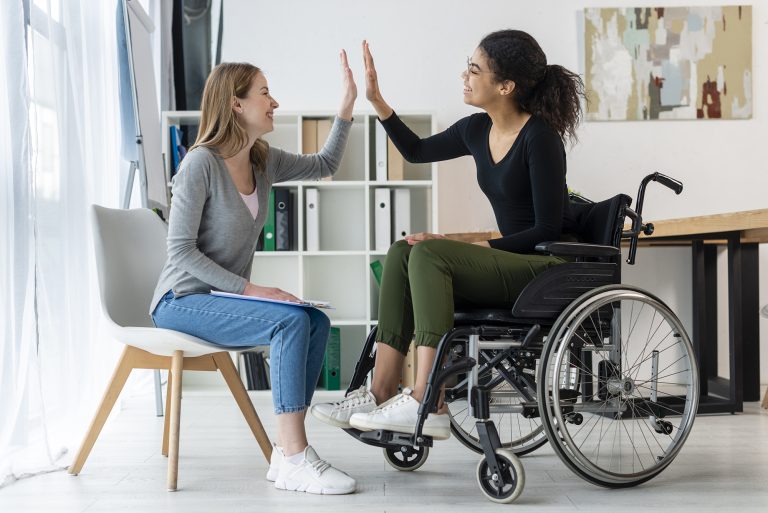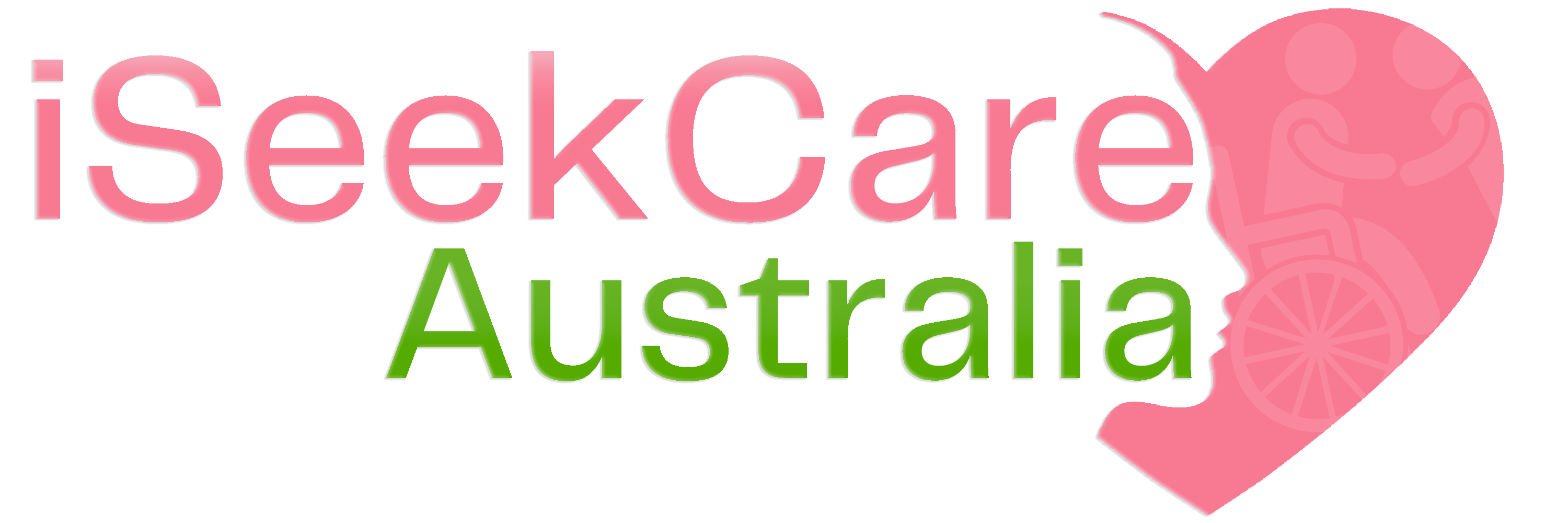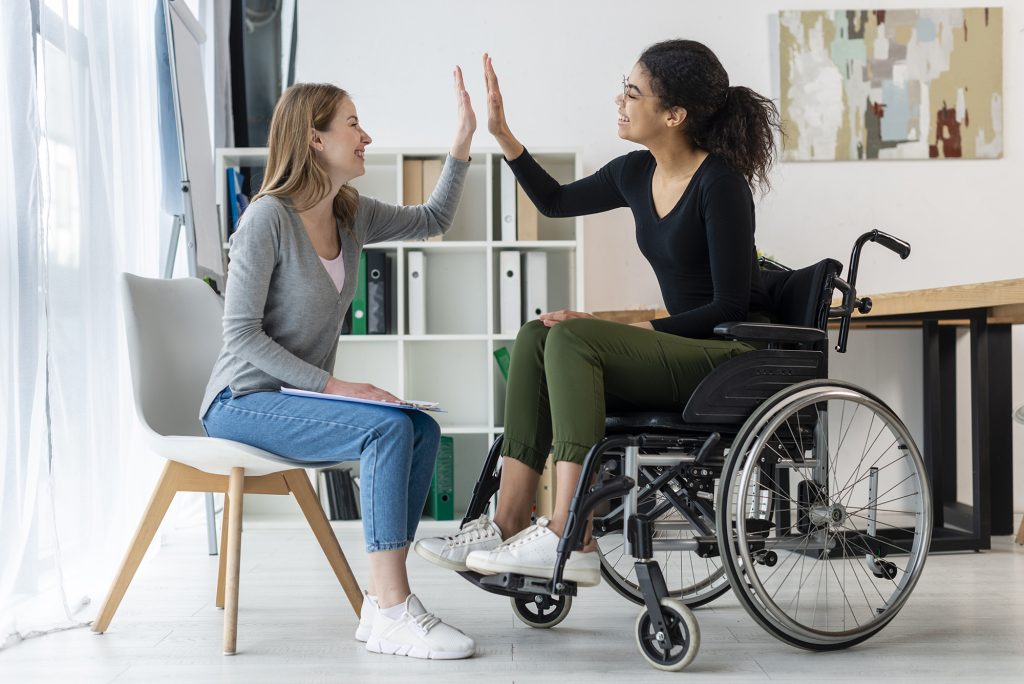The Art of Person-Centered Planning: How Support Coordinators Empower Participants
When it comes to planning for a better future, it’s important to have a clear understanding of your own goals and aspirations. This can be especially challenging for people with disabilities, as they may face significant barriers to achieving their desired outcomes. That’s where person-centered planning comes in. Person-centered planning is a collaborative process that aims to put the individual at the center of the decision-making process, empowering them to take control of their own lives. In this blog post, we’ll explore the art of person-centered planning and how support coordinators can help participants achieve their dreams.

1. Understanding Person-Centered Planning
Person-centered planning is a process that starts with the participant’s needs, desires, and goals. Instead of just focusing on the challenges the participant faces, person-centered planning seeks to understand what they would like to achieve and work together to accomplish it. The process may involve identifying the individual’s strengths, brainstorming possible solutions to challenges, and developing a personalized plan that addresses the individual’s needs and supports their goals. The goal of person-centered planning is to empower individuals to take control of their own lives and make meaningful choices.
2. The Role of Support Coordinators
Support coordinators play a critical role in the person-centered planning process. They provide guidance and support to participants, helping them to identify their goals and navigate any obstacles that may arise. Support coordinators also connect participants to community resources, ensuring that they have access to the services and supports they need to accomplish their goals. Additionally, support coordinators work closely with participants to develop a personalized plan that reflects their unique strengths, challenges, and goals.
3. Benefits of Person-Centered Planning
Person-centered planning has a number of benefits for individuals with disabilities. One of the main benefits is that it puts the individual in control of their own life, empowering them to make informed decisions and take control of their future. The process also helps to build a sense of community and support, as participants may work with family, friends, and service providers to achieve their goals. Additionally, person-centered planning can lead to better outcomes, as the individual’s unique needs and strengths are considered in the development of their plan.
4. Tips for Effective Person-Centered Planning
While person-centered planning can be highly effective, it can also be complex and challenging. Here are a few tips for effective person-centered planning:
– Start with the participant’s goals and aspirations
– Focus on the participant’s strengths and resources
– Involve the participant in every step of the planning process
– Engage the participant’s support network, including family, friends, and service providers
– Continually evaluate and adjust the plan based on the participant’s needs
Conclusion:
Person-centered planning is an important tool for empowering individuals with disabilities to take control of their own lives and achieve their goals. Support coordinators play a critical role in the person-centered planning process, providing guidance, support, and connections to community resources. By working collaboratively with participants, support coordinators can help to ensure that their plan reflects their unique needs, strengths, and goals. With the right tools and support, participants can overcome barriers and create a better and more fulfilling future for themselves.



